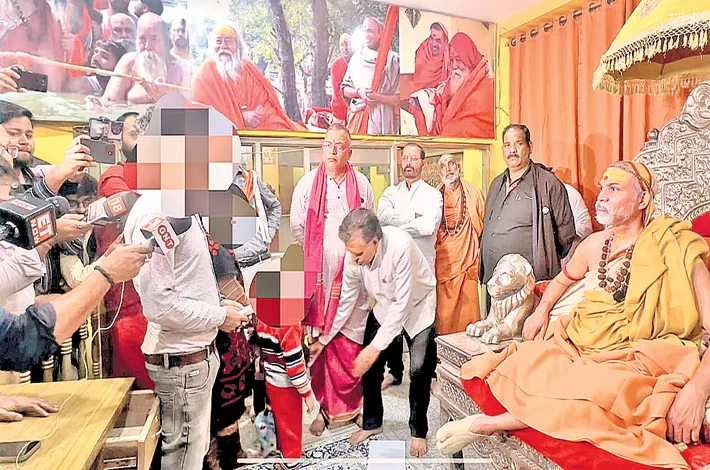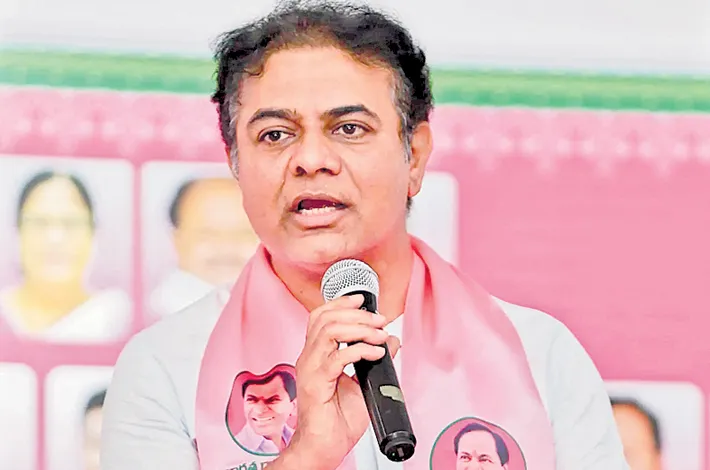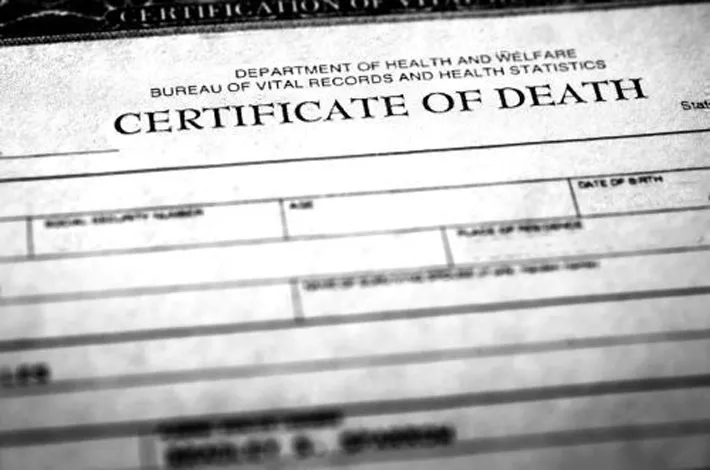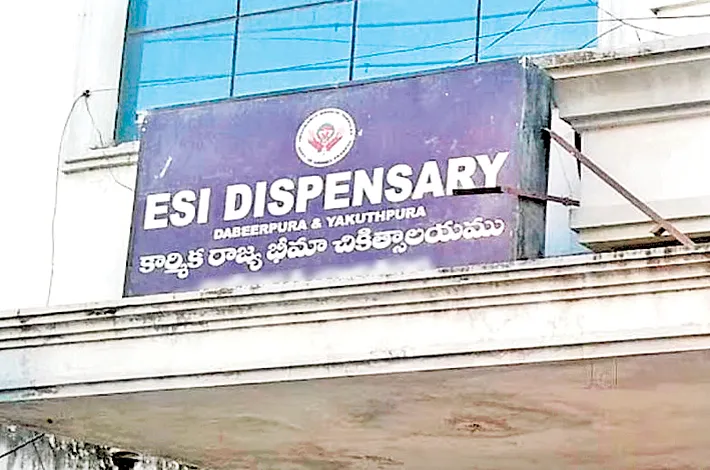Chilkur Balaji priest urges Prez to advocate for deity rights ahead of Sabarimala visit
22-10-2025 12:00:00 AM
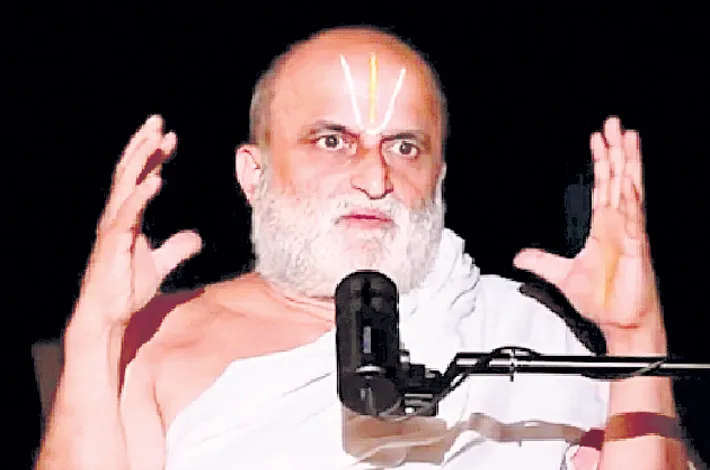
Metro India News | Hyderabad
President Droupadi Murmu’s upcoming visit to the sacred Sabarimala Temple during her Kerala tour carries significant spiritual and constitutional implications. The visit occurs against the backdrop of the 2018 Supreme Court ruling that allowed women of all ages unrestricted entry into the temple, a verdict that many devotees believe disregards Lord Ayyappa’s unique vow of celibacy and the temple’s ancient customs.
In response to the ruling, the priest of Chilkur Balaji Temple filed an Intervening Application (IA) in the Supreme Court, advocating for the fundamental rights of Deities under Articles 14, 19, 21, 25, and 26 of the Constitution. However, the application was dismissed without granting oral arguments.
Recently, a new constitutional avenue has opened through a Presidential Reference (SR No. 1 of 2025) concerning the powers of Governors. This reference has also sparked renewed discussion on Deity Rights under Article 363, which protects pre-Constitutional agreements related to temples and sovereign Deities like Lord Ayyappa.
An Additional Note submitted in the case urges procedural reforms to better safeguard Deity interests, emphasizing the need to honor the constitutional oath taken in the name of God. The note calls for ensuring Deity voices are properly represented in crucial decisions involving temple governance and dharmic traditions.
The priest of Chilkur Balaji Temple C S Rangarajan has appealed to President Murmu to raise these concerns with the Supreme Court Rules Amendment Committee and to recommend the formation of a larger Constitutional Bench to revisit the Sabarimala issue through a dharmic and constitutional perspective.





